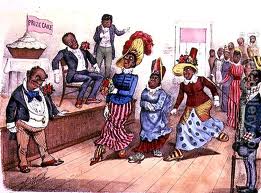The remarkable story of Anne “Missy” Roberts Gayler in One Hundred Years can be accurately told because of the care with which she saved photographs, newspaper clippings, letters, scrapbooks, and journal entries. She documented and saved material that she compiled at the age of one hundred, typing while nearly blind, leaving the manuscript in the care of her family. Her grandson digitized the manuscript, and relatives helped with additional photographs, dates, and research. Fortunately, her granddaughter, Sumter Carmichael Coleman, as a Trustee of the Birmingham Historical Society, felt that it was a story that needed to be shared, not only because of the author’s ties to Birmingham, but because it’s the story of a gallant Southern lifestyle in the 19th century that’s gone with the wind…



Anne Gayler’s story began in Charleston, SC where she was born in 1882 before moving to Birmingham in 1884 when her wealthy and well-connected father financed and came to Bessemer to manage Henry DeBardeleben Coal and Iron Company. She grew up in a life of extreme privilege with schooling in New York and Germany, summers in the mountains and at the seashore, and vacations abroad. After marrying a naval officer, Lieutenant Ernest Gayler, she traveled the world, carefully documenting her adventures, but returning often to her family’s several homes in Birmingham as well as to the home of her sister Belle Hazzard. She encountered presidents, foreign dignitaries, and was present at many historical events. This is the well-written, entertaining story of an exciting life, well-lived, with multiple ties and descendants in Birmingham. Please join us along with family members for a publication celebration.
October 1, 4:00 p.m., 100 Years Publication Celebration, 2827 Highland Avenue.

Now available on Amazon HERE or by contacting the Birmingham Historical Society at bhistorical@gmail.com



















